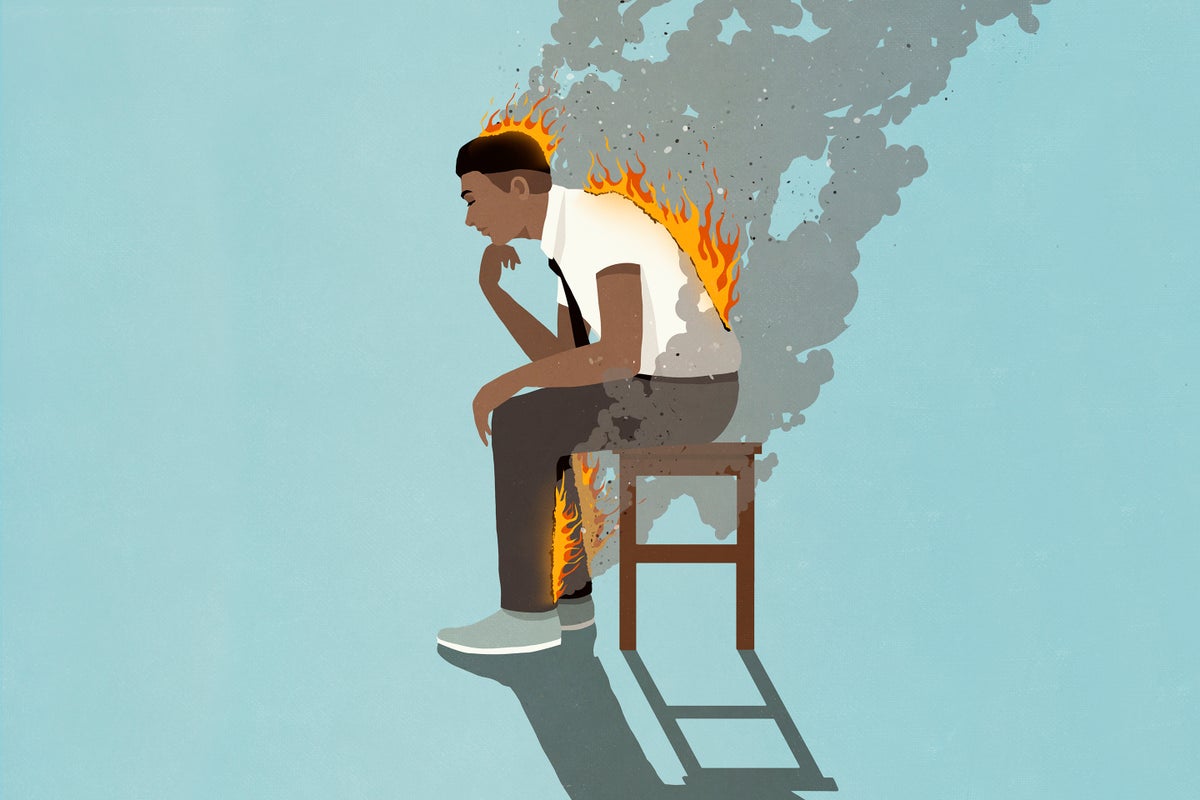cross-posted from: https://lemmy.world/post/23716018
Outrage Fatigue Is Real. Here’s Why We Feel It and How to Cope
Repeated exposure to outrage-inducing news or events can lead to emotional exhaustion. An expert who studies online outrage says there are ways to cope
You’re probably feeling it: the onslaught of depressing news and commentary about political actions, wars, climate disasters and more. The first few times you’re exposed to a perceived injustice, you feel fired up and ready to fight against it. But after being repeatedly facing this moral assault, you start to feel fatigued, even withdrawn. Resistance feels futile.
This phenomenon is informally referred to as “outrage fatigue.”
Don’t stop feeling the rage. Don’t calm down. We are all being fucked over, intentionally.
Sure, but use it constructively. Don’t let it hurt your mental health without providing any positive impacts.
A relevant part from the article:
I think local community politics is how you can build a kind of feeling of safety and understanding among a group, like, “Oh, actually, there are concrete things I can do, or we can do, to organize and think about how we challenge the status quo we disagree with.”
Rage does something to your brain and body people don’t really recognize. It motivates you in the moment but it doesn’t give you stamina, and it clouds judgement. It’s important to be both calm and decisive about the world and what’s going on in it if we want to fix it.
So the trick is to use it to your advantage when it happens, not to live in a constant state of rage. Rage is exhausting. If you can’t calm down and maintain focus, rage is not your friend and you should find a different motivator.
Doubt that media agencies want people in an state of doing something useful. Whatever state people are put into when seeing news is quite probably not a good state for actually changing things.




